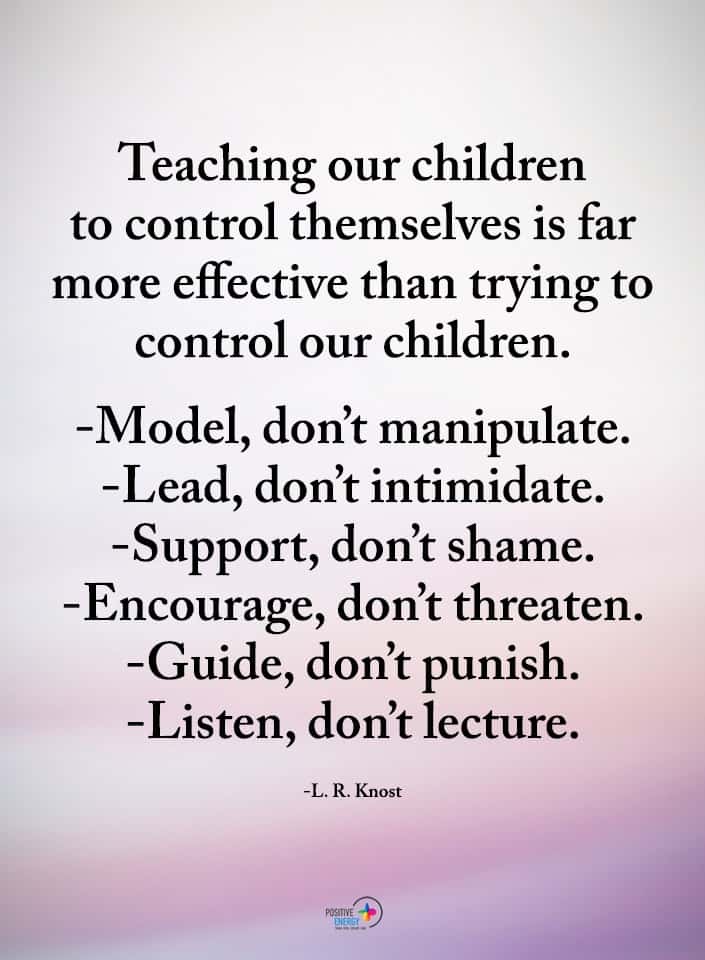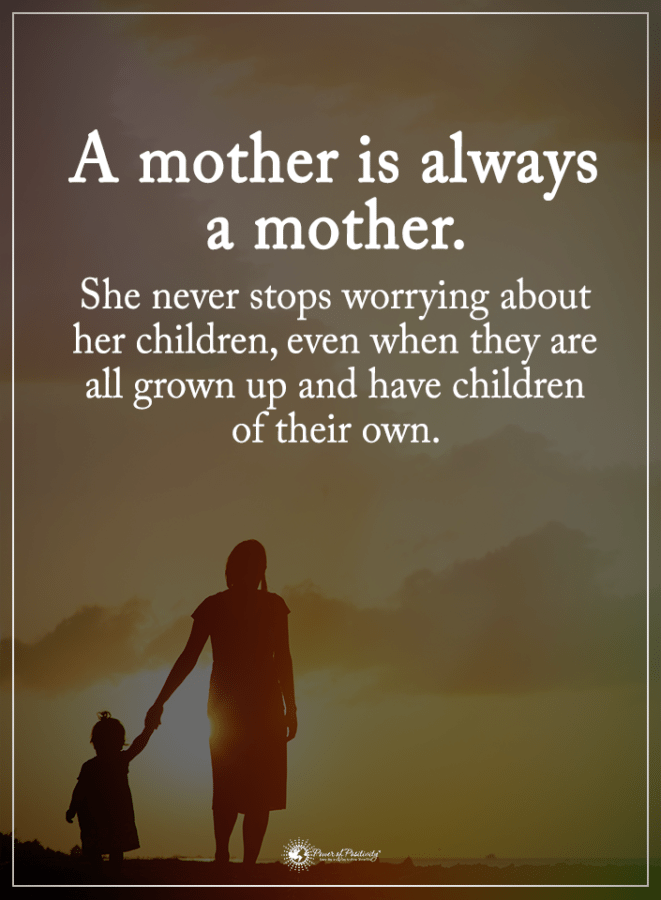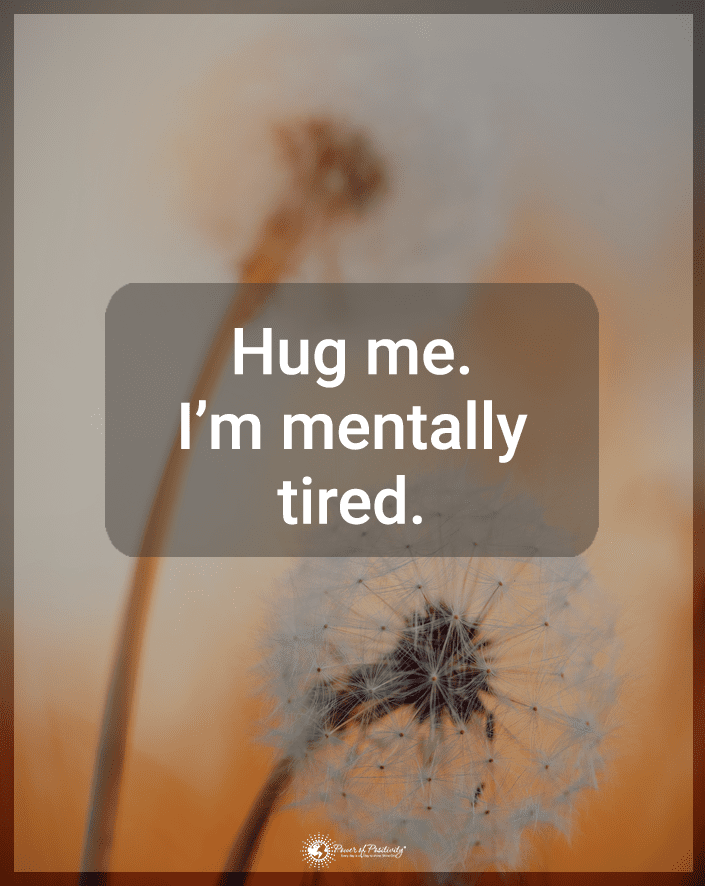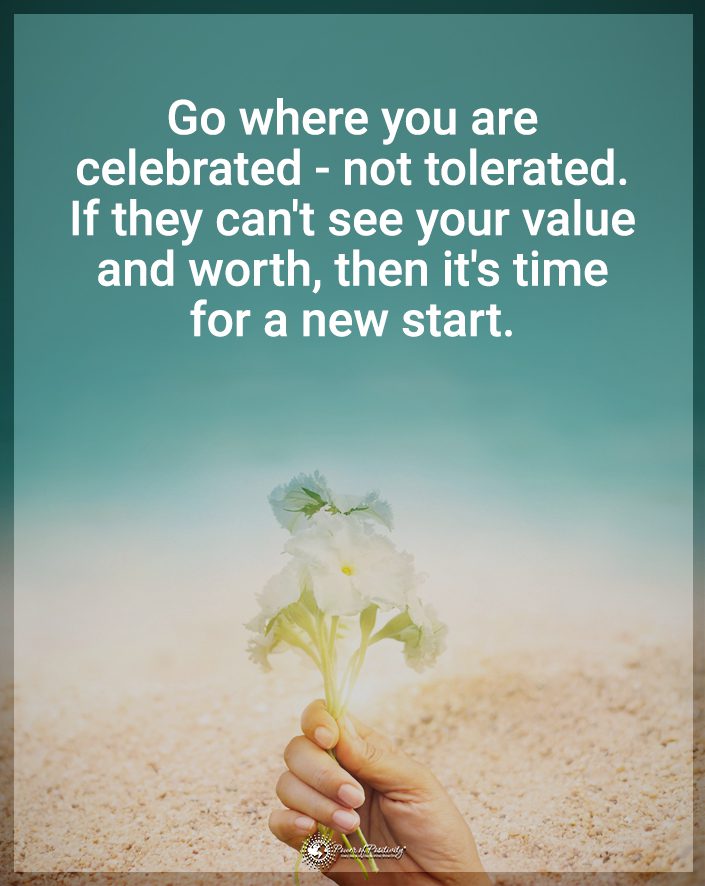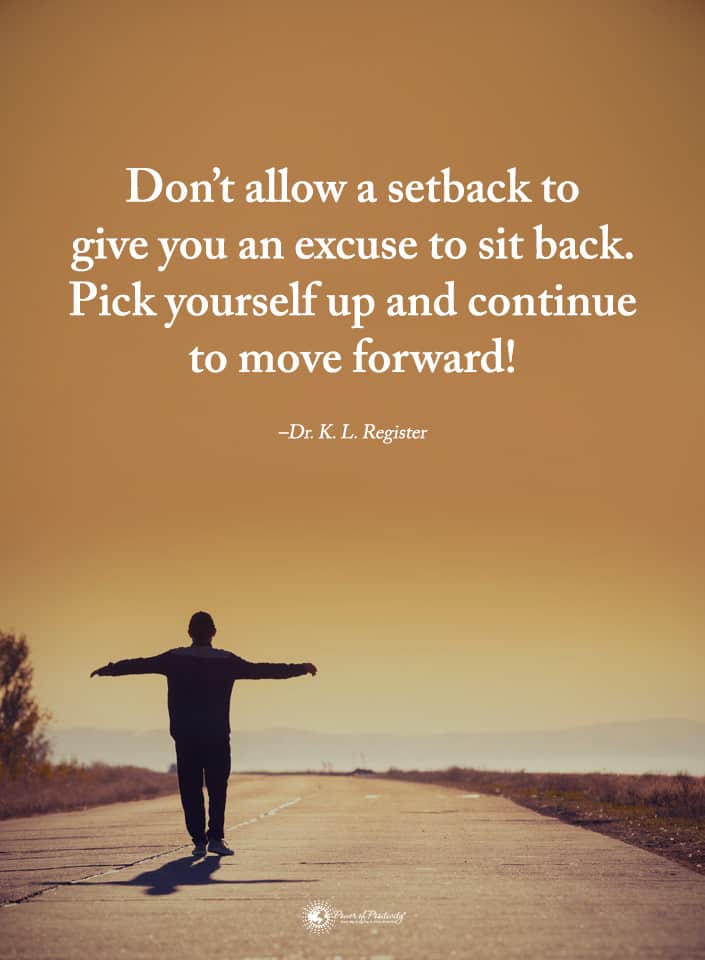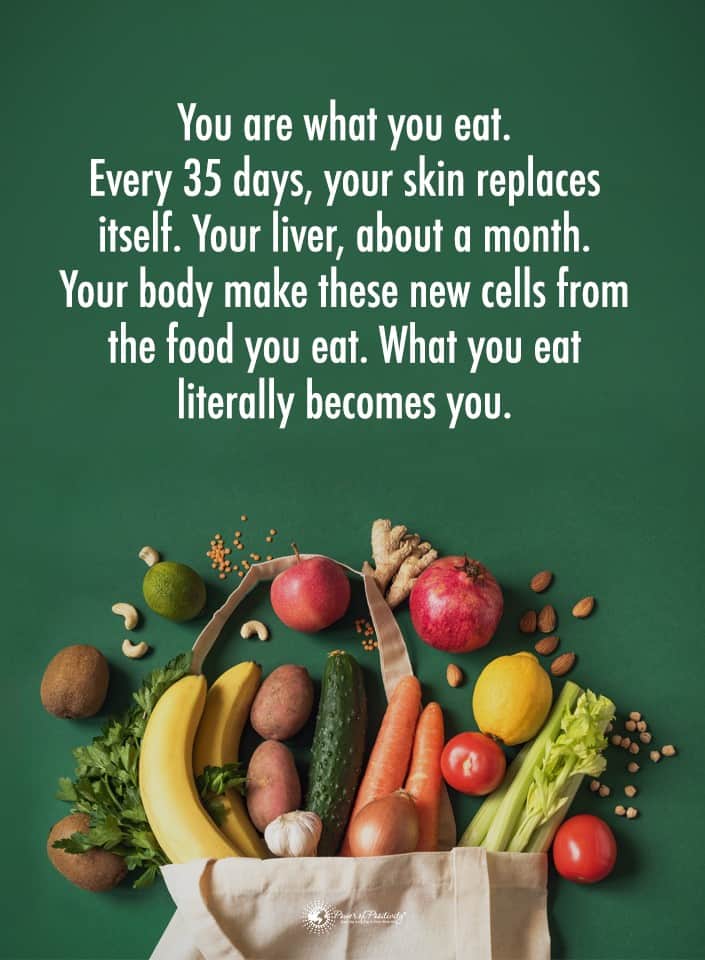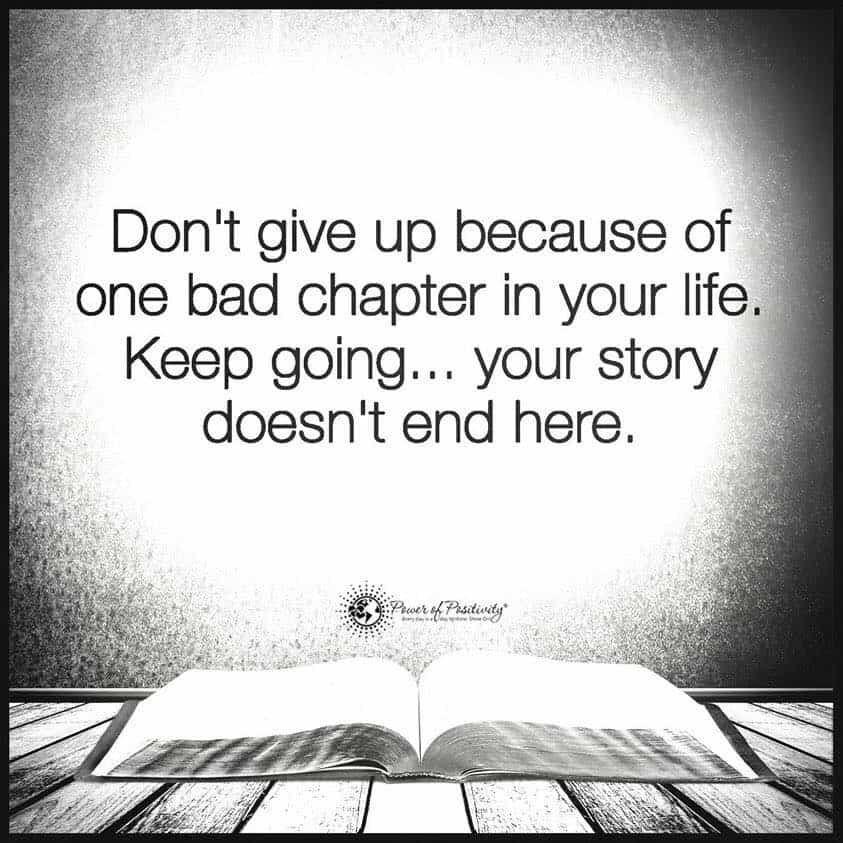“If I think about how much nail polish I’ve ingested in my lifetime (nail biter as a kid), it horrifies me. I’m much more aware now that I’m thinking about the next phase of my life that includes pregnancy, kids, and overall well-being.” – Katherine Nilan
Nail polish is a fun accessory that many women use in their day-to-day lives. There’s nothing better than getting a new color and putting on that fresh coat of polish. However, a lot of women are finding that a few astonishing things happen once they stop using nail polish.
After all, nail polish is a mix of chemicals that you’re putting on your nails – and that’s just the stuff that chips off in a few days! If you use nail polish every day, you might want to reconsider this particular habit and see what happens when you let your nails go polish free for a while.
Foot specialist Joy Rowland says, “I always recommend to my patients that it’s best to leave polish on for a few weeks on, and then remove the polish and go without for a few weeks. It’s not a good idea to leave nail polish continuously on your toes all summer. They need a break.”
Here Are 6 Reasons Why You May Want To Stop Using Nail Polish Every Day
1. You’ll have stronger nails
Nail polish remover can cause a lot of damage to your fingernails, especially if you use it frequently to change the polish color. The solvents used to take off the polish dry out your fingernails. This means that your nails can become much more prone to peeling, breakage and splitting. When you stop using nail polish, you’ll stop using nail polish remover – and that’s a win for you, because your nails will start to grow back stronger than ever.
2. No more yellow nails
Using polish daily can cause a yellow undertone to your fingernail – which many of us use nail polish to cover up in the first place! It’s an endless cycle. Much like the way cutting back of coffee can make your teeth look whiter, the same thing happens when you start cutting back on nail polish. The chemicals in nail polish can stain your nails and make them look slightly yellow. Fortunately, once you stop using nail polish, your nails will get back that regular, peachy-clear look to them.
3. No more rough patches
White patches on your nails are often caused by the keratin granulation from when you keep your nail polish on for too long. If you’re prone to wearing your nail polish until it chips all the way off or grows out, you’ve probably noticed that your nails also have a few rough patches. When you use nail polish too much or use too much polish remover, it can strip your nails of much needed layers of keratin. When you let your nails go polish free for a while, you’ll notice that those rough patches completely disappear.
4. Nails get back their natural shine
A lot of women use nail polish in order to get a shine to their nails. Turns out, if you stop using nail polish and remover, your nails will get their own healthy glow. Applying too much nail polish and then removing it with a rough acetone can cause damage to your nails and strip them of their natural shine. Instead, try getting a manicure only once every three weeks to help keep your nails looking beautiful and shiny.
5. You will eventually use less chemicals
Nail polish and its remover are full of chemicals, and when you put nail polish on too much, you’re getting those chemicals right into your body – from getting them in through your nails, to breathing them in when you paint your nails or remove the polish.
According to Dr. Michael Roizen, “…the truth is that painting your nails is like coating them with a medley of toxins. In fact, nail polish is likely the most toxic cosmetic there is.”
These chemicals are often tied to any number of upsetting diseases, from lung disease to certain types of cancer. Pregnant women often want to avoid nail polish both on their nails and breathing in the fumes due to ties to miscarriage and birth defects. Going polish-free is a great way to make sure you stay chemical free, too.
6. Nails can predict your health
There are all sorts of illnesses and disease that can affect the color of your nails, from discoloration to a change in nail shape to calcium deposits underneath your nails. American Academy of Dermatology states, “Nails often reflect our general state of health. Changes in the nail, such as discoloration or thickening, can signal health problems including liver and kidney diseases, heart and lung conditions, anemia, and diabetes.”
By coloring the nails continually with polish, you may miss these important signs into your health. When you go polish free, you’ll be able to see changes in your nails immediately and talk to your doctor as soon as they happen.
Nail polish can be fun, but there are plenty of ways to make your nails look lovely without using nail polish and risking damage to your body and nails with too much usage. Nail polish can be excellent for an event, but like any other beauty product or chemical that’s meant to go on your body, using it sparingly is the key to using it at all. Bare nails can still stand out and look stunning with a little maintenance.

